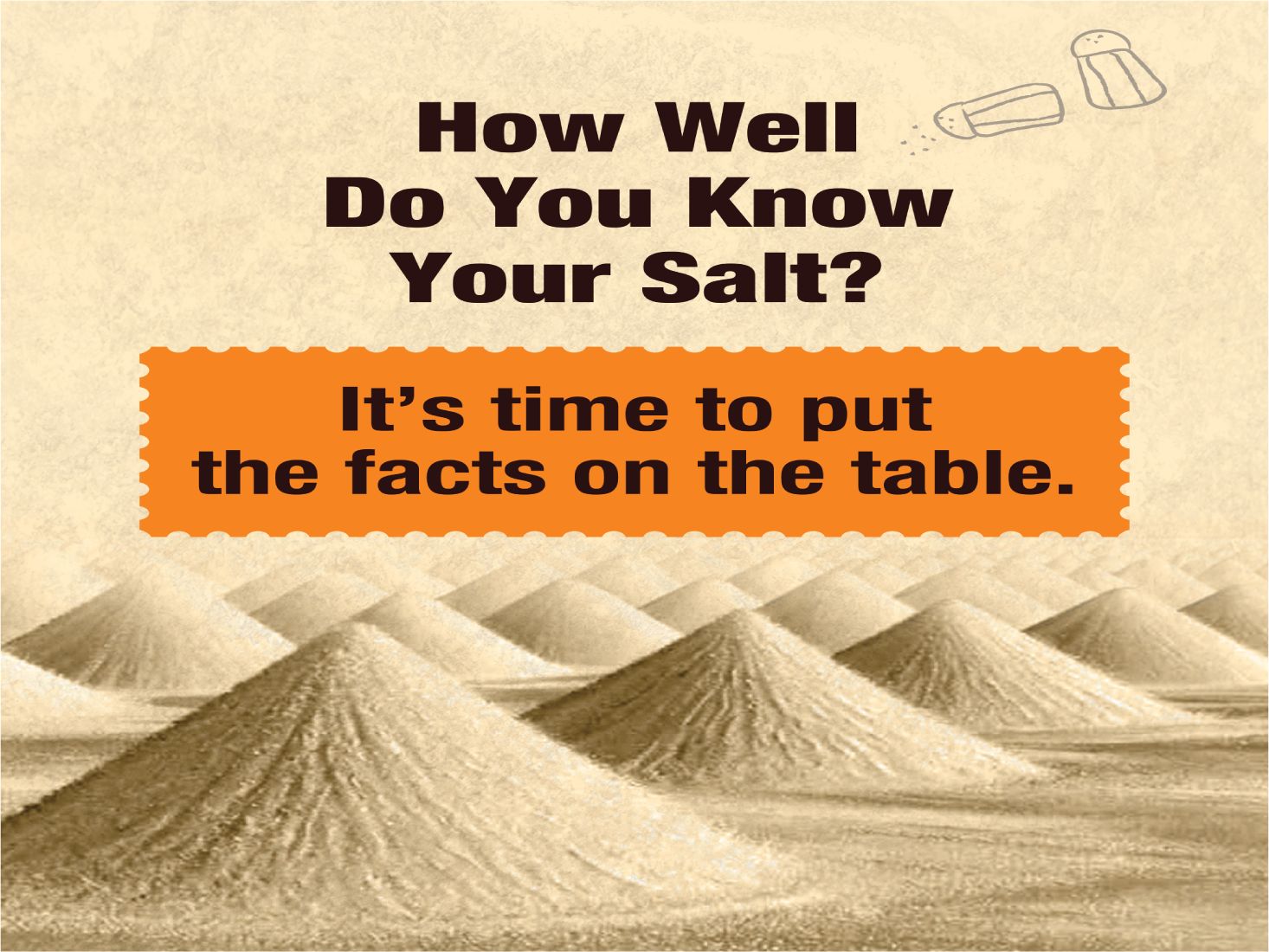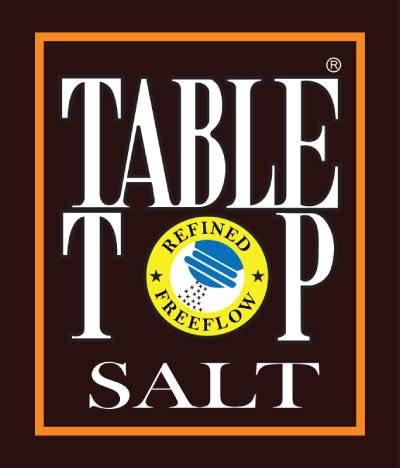
How well do you know your salt?
The essential mineral with a history as rich as its taste.
It sits quietly on your kitchen shelf – overlooked, yet indispensable. Salt, a mineral as ancient as the earth itself, has quietly seasoned our lives for centuries. From salt used in food preservation before the invention of refrigeration to unlocking flavour in everything from soups to sourdough, salt has played a crucial role in culinary evolution. Yet for all its uses, it remains misunderstood. Is it truly the villain behind the salt and high blood pressure myth? What exactly is the purpose of salt in baking? And what interesting facts about salt lie behind those tiny white crystals we take for granted? Today, we dive into the world of salt – debunking myths, exploring its many uses in food and unearthing the truth behind its surprising legacy.
Myth: Salt only works through your taste buds.
Fact: Your brain can detect salt without tasting it.
Even when you’re sick and food tastes bland, you can often tell when something lacks salt. That’s because your body is wired to recognise sodium not only through taste but also through neurological pathways. Research shows that the brain contains sodium-sensing neurons capable of detecting salt even when taste buds aren’t functioning. In other words, your brain knows when your food is missing this crucial mineral, even if your tongue doesn’t.
Table Top Iodised Sea Salt is more than just flavour, it helps keep your internal systems balanced with essential minerals like calcium and magnesium, supporting overall energy levels and neurological functions. So even when your taste buds are off, your body stays in tune.
Myth: Only humans need salt to live.
Fact: Salt is essential to all living beings.
Salt is vital not just for humans, but for all forms of life. In the wild, animals instinctively seek out natural salt licks – mineral-rich deposits formed by evaporated water or exposed rocks. These licks can even influence migration patterns and determine where herds settle. Like us, animals rely on minerals like sodium, calcium and magnesium to survive and thrive.
Myth: Salt’s only purpose is to season food.
Fact: Salt has held spiritual and symbolic meaning across cultures.
Beyond its culinary uses, salt has long been regarded as a powerful substance in spiritual and cultural practices. In India, salt is believed to absorb negative energy and is often passed around a person and then discarded to ward off the evil eye or nazar. Western superstitions recommend throwing salt over the left shoulder to keep the devil at bay. In Japanese culture, salt is sprinkled at entrances and after funerals to purify spaces and protect against negative influences. Salt, in many traditions, is more than seasoning—it’s seen as a symbol of purity and protection.
Table Top Iodised Crystal Sea Salt
is naturally sun-dried and enriched with iodine – ideal for both culinary and traditional uses. It’s pure enough to flavour your food and gentle enough to use as a soothing bath salt for skin and energy cleansing rituals.
Myth: Salt isn’t necessary for human survival.
Fact: Humans can’t survive without salt.
Salt often gets a bad rap, particularly for its link to high blood pressure. But sodium, in the right amounts, is essential. It helps regulate fluid balance, supports nerve function and enables muscle contraction, including that of the heart. Too little salt can lead to fatigue and impaired cellular function, while too much can result in health complications. Like many things in life, balance is key.
Table Top Himalayan Pink Rock Salt supports your everyday health with low sodium, 84 trace minerals and a natural, organic profile. It helps strike that delicate balance: enough for cellular function, without going overboard.
Myth: Salt has always been common and cheap.
Fact: Salt was once as valuable as gold—and even used as currency.
In ancient times, salt was so precious that it shaped economies and trade routes. Roman soldiers were sometimes paid in salt – a practice that gave rise to the word salary. In Ethiopia, salt bars served as currency. In medieval Africa, gold was traded for salt. Entire cities, like Salzburg in Austria, were named for their association with salt mining. Its ability to preserve food and support health made salt an invaluable commodity long before refrigeration existed.
Table Top Black Salt, harvested from ancient volcanic rocks, carries the same rich legacy. Its deep, smoky flavour and digestive benefits have made it a prized ingredient in South Asian cuisine, proof that salt still holds a special place in culture and kitchens alike.
A pinch of awareness
Who would have thought that this everyday mineral holds such a rich history and hidden influence? From preserving empires to warding off negativity, from nourishing the body to seasoning a meal, salt has always been essential. Its role may have evolved, but its importance remains unchanged.
In today’s world, where health and balance matter more than ever, choosing the right salt makes all the difference. While concerns about the salt and high blood pressure myth persist, emerging research reminds us that moderation – not elimination – is key.
So next time you reach for that salt shaker, remember: you’re not just adding taste. You’re tapping into a history of preservation, health and human ingenuity.


